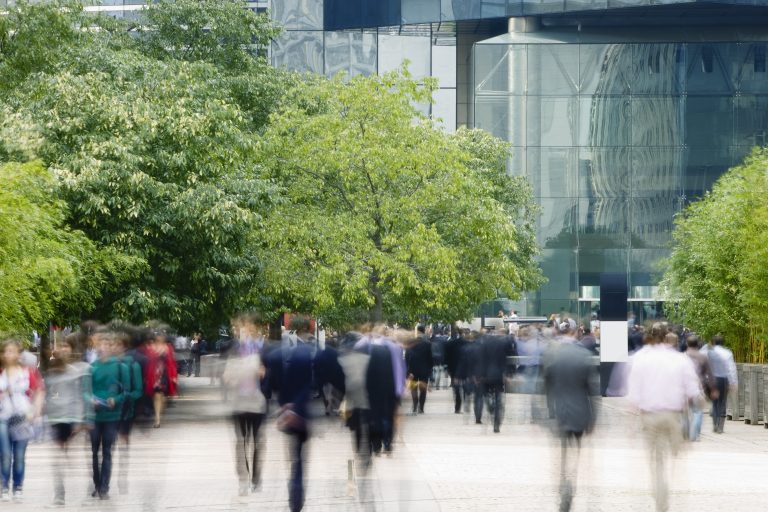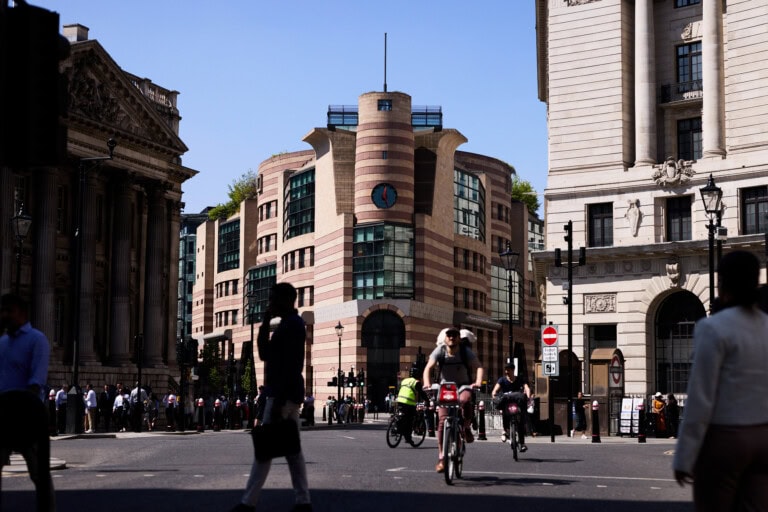UKGBC Task Group to Define Social Value for the Built Environment

Despite growing interest, there is still significant confusion around social value in the context of the built environment. Planners, procurement teams and investors often don’t know what to require from delivery partners and sometimes set requirements in an inconsistent way. There are often calls for standardisation, particularly around the measurement of social value, but also for flexibility, with practitioners recognising that social value must be considered in local contexts.
Following the success of UKGBC’s Framework Definition for Net Zero Carbon Buildings, which launched last year and galvanised industry support for a consistent way of defining net zero carbon buildings, UKGBC believes that a framework definition for social value could also help to build consensus on a common understanding of social value in the built environment.
The task group aims to develop a definition of social value that is relevant to a broad variety of development types, geographies and communities, providing the industry with a common language, consistent principles and an agreed hierarchy of delivery.
This work forms part of UKGBC’s Social Value Programme, which has been made possible this year thanks to the generous support of Programme Partners: Argent, Avison Young, Buro Happold and Federated Hermes.
UKGBC will undertake a consultation later this summer to canvas views across the industry to inform the definition.
Sophia Cox, Sustainability Advisor at UKGBC, said:
“This task group brings together some of the leading organisations working on social value in the real estate and construction sector and places them under a shared purpose: To create a definitive understanding of social value, and resolve the confusion that is preventing practitioners from maximising the value delivered through new development and existing buildings. We know that the built environment shapes the quality of our lives in profound ways – only with a clear definition of social value will the sector be able to understand and enhance the value that high quality, sustainable development brings to communities.”
The task group is being supported by, and includes representation from, the following trade associations, professional institutions and non-profit organisations:
Better Buildings Partnership (BBP)
British Property Federation (BPF)
Buildings Research Establishment (BRE)
HACT
Local Trust
Quality of Life Foundation
Royal Institute of British Architects (RIBA)
Royal Institution of Chartered Surveyors (RICS)
Supply Chain Sustainability School
Urban Land Institute (ULI)
The task group includes representatives from the following organisations:
Avison Young
Argent
Arup
Berkeley Group
Bruntwood
Buro Happold
Currie & Brown
Envoy Partnership
Federated Hermes
First Base
Hatch Associates Ltd
Hoare Lea
igloo regeneration
Kingspan
London Sustainable Development Commission
Peel L&P
RealWorth
Social Value Portal
SOM
Stories
Stride Treglown
Turner & Townsend
Useful Projects
-ENDS-
Related
UKGBC announces new innovation initiative with Breakthrough Energy and FORE Partnership

UKGBC launches the UK Climate Resilience Roadmap

UKGBC responds to the Climate Change Committee’s 2025 Progress Report

UKGBC responds to 2025 Comprehensive Spending Review

